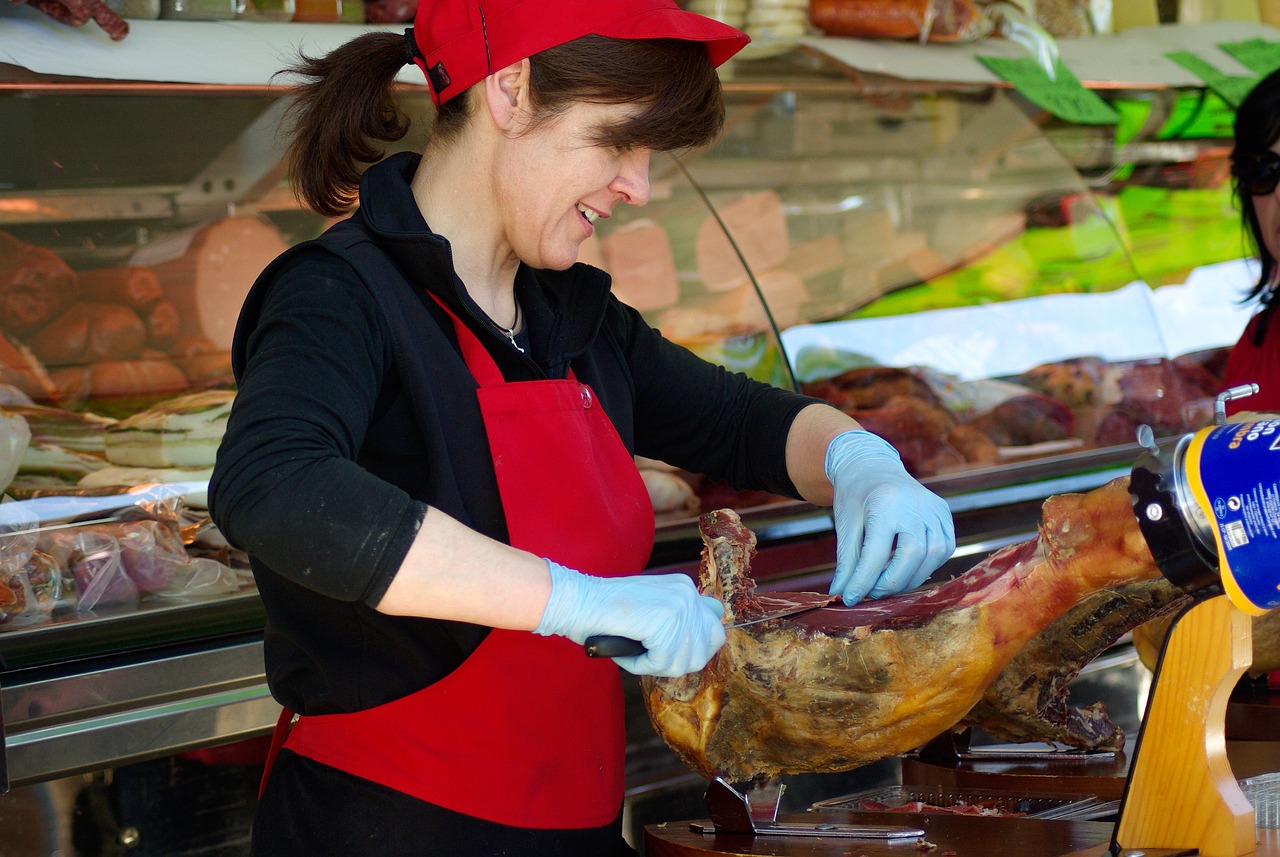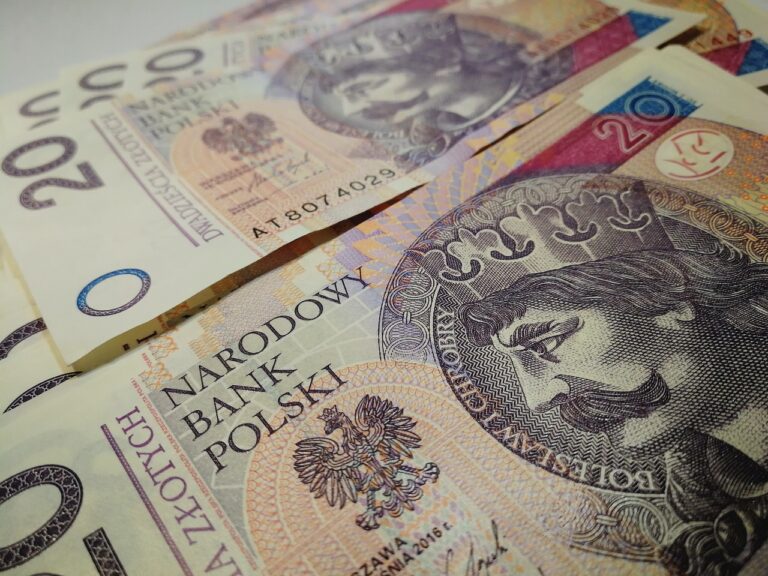The Impact of Virtual Goods on the Gaming Economy: Lotusbook 365, Play99exch, All panel mahadev
lotusbook 365, play99exch, all panel mahadev: Virtual goods have become a significant driving force in the gaming economy, revolutionizing the way players interact with and experience games. These digital items, ranging from in-game currency to cosmetic skins and virtual pets, have not only changed the gaming landscape but have also had a profound impact on the broader economy.
The rise of virtual goods can be attributed to several factors, including the increasing popularity of online multiplayer games and the development of advanced virtual worlds. Players are now able to customize their gaming experience by purchasing virtual goods that enhance their gameplay or express their personal style. This has created a lucrative market for game developers, who can monetize their games beyond the initial purchase price.
One of the key impacts of virtual goods on the gaming economy is the creation of new revenue streams for developers. In addition to traditional sales models, such as one-time purchases or subscription fees, developers can now generate ongoing revenue through the sale of virtual goods. This allows them to continue supporting and updating their games long after the initial release, creating a more sustainable business model.
Virtual goods also have a significant impact on player engagement and retention. By offering a wide variety of virtual goods for purchase, developers can keep players interested and invested in their games for longer periods. This can lead to increased player loyalty and word-of-mouth referrals, which can in turn attract new players to the game.
The introduction of virtual goods has also led to the emergence of a secondary market for gaming items. Players can buy, sell, and trade virtual goods with each other, creating a vibrant marketplace for in-game items. This has opened up new opportunities for players to earn real money by selling rare or valuable virtual items, further blurring the lines between the virtual and real economies.
In conclusion, the impact of virtual goods on the gaming economy is undeniable. These digital items have transformed the way players interact with games, providing new revenue streams for developers, enhancing player engagement, and creating a thriving secondary market for in-game items. As the gaming industry continues to evolve, virtual goods will undoubtedly play an increasingly important role in shaping the future of gaming.
###FAQs
1. What are virtual goods?
Virtual goods are digital items or assets that players can purchase or acquire within a game. These items can range from in-game currency to cosmetic skins and virtual pets.
2. How do virtual goods impact the gaming economy?
Virtual goods create new revenue streams for developers, enhance player engagement, and create a secondary market for in-game items.
3. Can players make real money from virtual goods?
Yes, players can earn real money by selling rare or valuable virtual items in the secondary market.
4. Are virtual goods here to stay?
Yes, virtual goods have become an integral part of the gaming economy and are likely to continue shaping the future of gaming.







